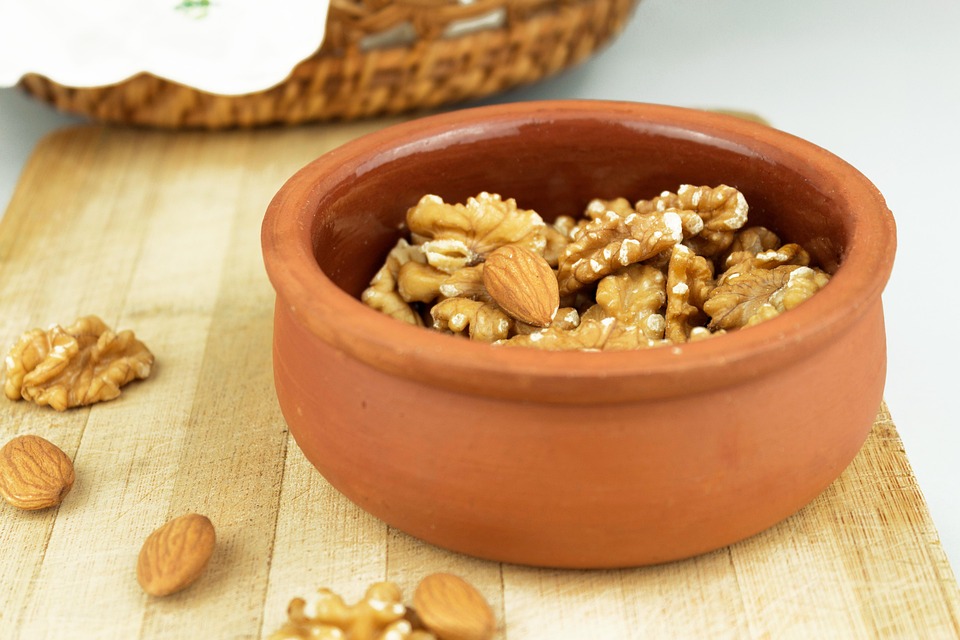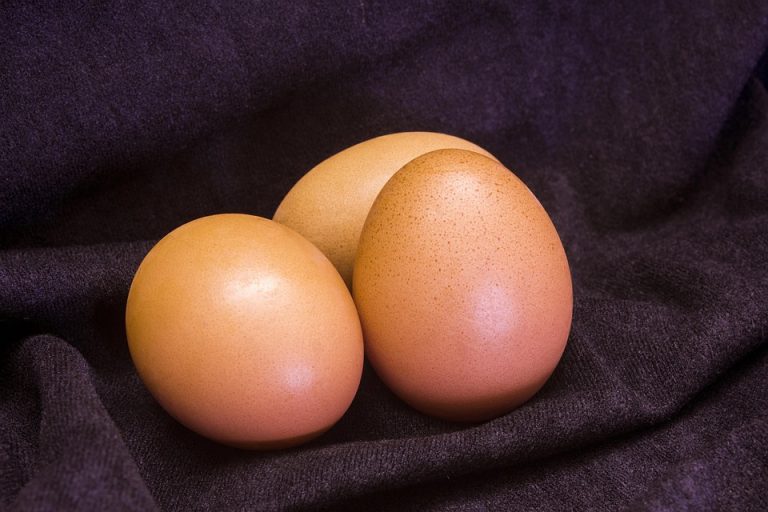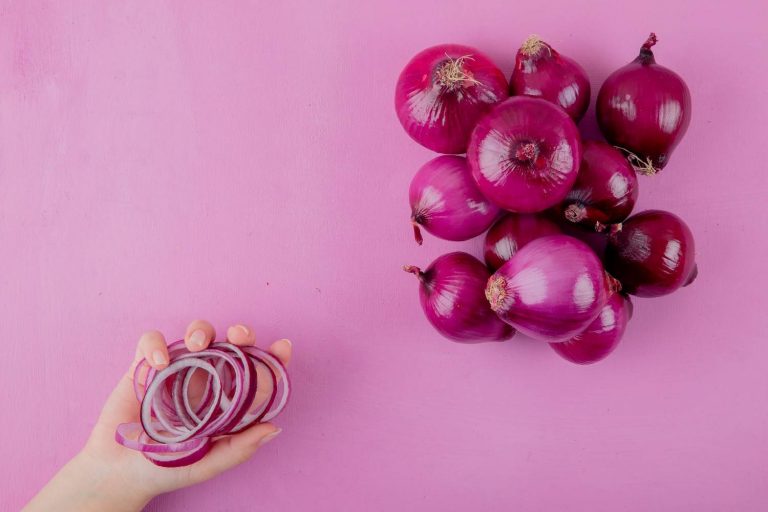7 Reasons Pumpkin Seeds Boost Hormone Health Naturally
Have you ever felt that midday crash when your energy dips, and you reach for something to snack on? If you’re like many, you might find yourself opting for sweets or heavily processed snacks. But what if there was a healthier option that also supports your hormone health? Enter pumpkin seeds. These tiny green morsels pack a powerful punch when it comes to nourishing your body and balancing hormones. Let’s explore why adding pumpkin seeds to your diet could be a game changer for your overall health.
Contents
1. Rich Source of Zinc
Zinc is crucial for hormone production, particularly in regulating testosterone levels. Research has shown that zinc deficiency can lead to lower testosterone levels in men, potentially affecting libido, mood, and energy levels. A pivotal study by Prasad et al. (1996) noted that men with low testosterone showed significant improvements when supplemented with zinc[^1]. With around 2.2 mg of zinc per ounce, pumpkin seeds offer an easy way to boost your intake.
However, be mindful: too much zinc can disrupt other minerals like copper. Moderation is key; consider pumpkin seeds as part of a balanced diet to enhance rather than overload your nutrient intake.
2. High in Magnesium
Magnesium plays a vital role in various bodily functions, including the production of hormones like cortisol and insulin. A balanced level of magnesium can help reduce anxiety and improve sleep quality, contributing to better hormonal balance. According to a study published in the Journal of the American College of Nutrition, adequate magnesium levels can alleviate symptoms of premenstrual syndrome (PMS) in women[^2].
Pumpkin seeds contain around 168 mg of magnesium per ounce, making them an excellent addition to your diet. Remember, while magnesium supports hormone function, excessive supplementation can lead to gastrointestinal distress. Eating foods naturally rich in magnesium, like pumpkin seeds, can provide the benefits without the drawbacks.
3. Omega-3 Fatty Acids
You might be surprised to learn that pumpkin seeds are one of the few plant-based sources of omega-3 fatty acids. These healthy fats are essential for hormone synthesis and cell membrane integrity. A study conducted by Baynes et al. (2012) found that omega-3 fatty acids can help improve insulin sensitivity and reduce inflammation, factors often linked to hormonal imbalance[^3].
While pumpkin seeds aren’t as rich in omega-3s as fish, they contain alpha-linolenic acid (ALA), an essential omega-3 fatty acid. Incorporating them into meals can contribute to your omega-3 intake, particularly for those on a predominantly plant-based diet. Just keep in mind that for optimal omega-3 absorption, you should pair them with a variety of healthy fats from sources like avocados or nuts.
4. Provides Antioxidants
Pumpkin seeds are rich in antioxidants such as vitamin E and carotenoids, which help protect your body from oxidative stress. Oxidative stress can disrupt hormonal balance and lead to inflammation. A study published in Antioxidants (2020) indicated that diets high in antioxidants, including those found in pumpkin seeds, can help regulate various hormones, potentially aiding conditions like PCOS (Polycystic Ovary Syndrome) and menopause symptoms[^4].
Although antioxidants benefit overall health, it’s essential to diversify your sources. Complement pumpkin seeds with colorful fruits and vegetables to ensure a broad spectrum of antioxidants.
5. Source of Phytoestrogens
Pumpkin seeds contain phytoestrogens, plant compounds that mimic the activity of estrogen in the body. For women, this can be particularly beneficial during menopause, when estrogen levels decrease. Some research suggests that phytoestrogens can help alleviate symptoms related to hormonal fluctuation, such as hot flashes and mood swings. A study by Yang et al. (2014) found that dietary phytoestrogens might play a protective role against certain menopausal symptoms[^5].
While phytoestrogens can be beneficial, it’s essential to approach them mindfully. Too much estrogen-like activity can also stimulate unwanted effects, particularly if you have estrogen-sensitive conditions. As always, a balanced approach is best.
6. Supports Healthy Blood Sugar Levels
Maintaining stable blood sugar levels is crucial for hormone regulation. Pumpkin seeds have a low glycemic index and are high in fiber and protein, making them a perfect snack to help manage blood sugar levels. A clinical study in Diabetes Care highlighted that a balanced diet rich in fiber can enhance insulin sensitivity, which is particularly important for those managing conditions like diabetes[^6].
Incorporating pumpkin seeds into your meals can help keep your energy levels stable, preventing the blood sugar spikes and crashes that can throw your hormones out of balance. Opt for raw or lightly roasted seeds to get the most nutritional value.
7. Good Source of Protein
Lastly, pumpkin seeds are a great plant-based protein source. Protein is essential for hormone synthesis and maintaining overall health. A typical serving contains about 7 grams of protein, which can contribute to your daily needs. According to a study published in the American Journal of Clinical Nutrition, adequate protein intake is important for hormone regulation, especially in weight management[^7].
Consider adding pumpkin seeds to smoothies, salads, or even oatmeal to boost your protein intake. However, relying solely on one source for protein could limit dietary variety, so mixing different protein sources can help you achieve better overall health.
FAQs
1. How should I incorporate pumpkin seeds into my diet?
You can sprinkle them on salads, blend them into smoothies, or eat them as a snack. Adding them to oatmeal or yogurt can enhance both texture and nutritional value.
2. Can I eat pumpkin seeds every day?
Yes, for most people, eating a small handful (around 1 ounce) per day is beneficial. However, pay attention to your body’s signals and adjust according to your individual needs.
3. Are there any side effects of pumpkin seeds?
Generally, pumpkin seeds are safe to consume. However, excessive intake may lead to digestive issues or undesirable weight gain due to their calorie density. Balance is key.
4. How do pumpkin seeds compare to other seeds in terms of hormone health?
Pumpkin seeds stand out due to their unique nutrient profile, including higher zinc and magnesium content compared to flax or chia seeds, making them particularly beneficial for hormone health.
Conclusion
Integrating pumpkin seeds into your diet is not just a delicious choice; it’s a powerful step towards enhancing your hormone health naturally. From zinc to antioxidants, these tiny seeds offer a multitude of benefits that can support your body’s hormonal balance. As always, consult with a healthcare professional when making significant dietary changes, especially if you have pre-existing health conditions. Embrace the potential of pumpkin seeds, and you may just find a new favorite superfood enriching your meals and wellness journey.
References
- Prasad, A. S., et al. (1996). Zinc supplementation alleviates age-related declines in testosterone levels in men. Journal of the American College of Nutrition.
- Wienecke, T., et al. (2020). The Impact of Magnesium in the Management of PMS: Review and Perspectives. Journal of the American College of Nutrition.
- Baynes, J. W., et al. (2012). Omega-3 Fatty Acids: Safety and Efficacy in Diabetes Management: A Review of the Literature. American Journal of Clinical Nutrition.
- Zhang, L., et al. (2020). Antioxidants in pumpkin seeds: Potential implications for human health. Antioxidants.
- Yang, G., et al. (2014). Phytoestrogens and menopausal symptoms: A review of the literature. Hormone Research in Paediatrics.
- Hu, F. B., et al. (2001). Dietary Fiber and the Risk of Type 2 Diabetes in the Nurses’ Health Study. Diabetes Care.
- Dwyer, J. T., et al. (2016). Dietary protein and health: proceedings of the symposium. American Journal of Clinical Nutrition.
Get Your FREE Natural Health Guide!
Subscribe now and receive our exclusive ebook packed with natural health tips, practical wellness advice, and easy lifestyle changes, delivered straight to your inbox.






